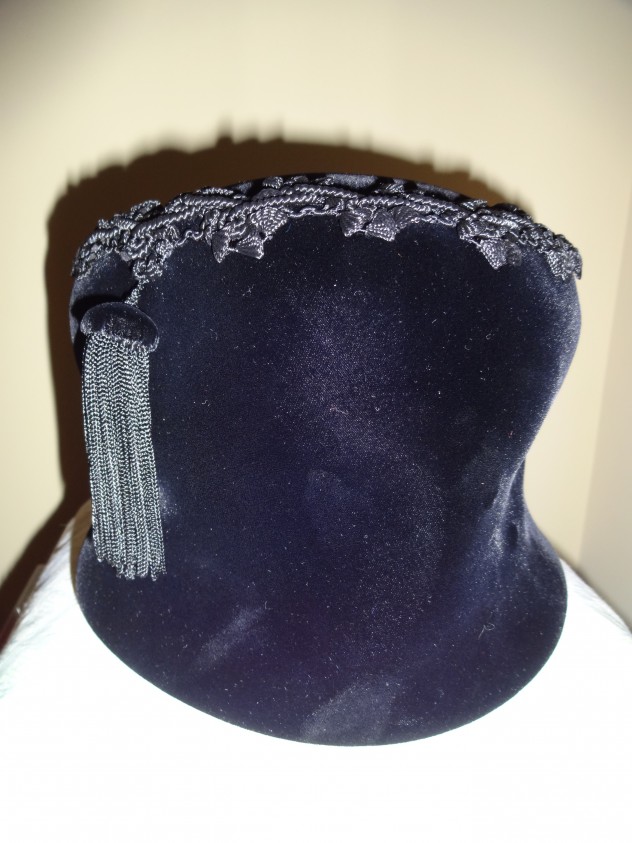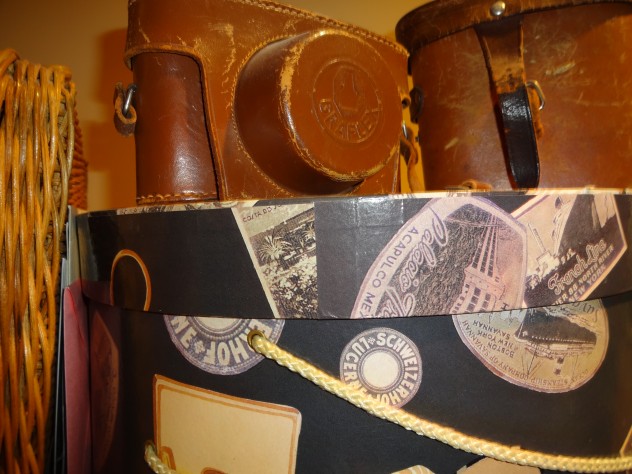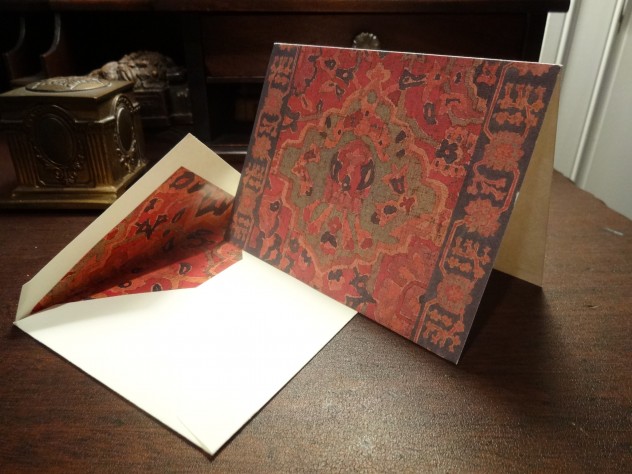 After Edith’s departure to Casablanca, Marigold changes her name to “Mari” – as she believes her mother wishes. Mari and George have a whirlwind romance. They feel something so real for each other – as though they were meant to be together – as if they’ve always been connected. They spend their time together in London dancing in dance halls, eating in eateries, and strolling in parks. Soon George is ready to introduce Mari, the love of his life, to his family. When Mari and George arrive at the gorgeous estate home to which George is the male heir, Mari is astounded. It’s practically a castle! Although she knew George was an aristocrat, she did not expect such grandeur.
After Edith’s departure to Casablanca, Marigold changes her name to “Mari” – as she believes her mother wishes. Mari and George have a whirlwind romance. They feel something so real for each other – as though they were meant to be together – as if they’ve always been connected. They spend their time together in London dancing in dance halls, eating in eateries, and strolling in parks. Soon George is ready to introduce Mari, the love of his life, to his family. When Mari and George arrive at the gorgeous estate home to which George is the male heir, Mari is astounded. It’s practically a castle! Although she knew George was an aristocrat, she did not expect such grandeur.
Mari is adored by George’s family – that is his mother and grandparents, for George’s father died tragically in a car accident the day he was born. George explains to his family that Mari’s father was killed in the War and her French mother, an aristocrat, died of the fever in India. George’s grandmother, Lady Cora, sighs and smiles, “Poor child. There must be something we can do.”
There is! George asks for Mari’s hand in marriage! Mari agrees without the slightest hesitation, knowing that her mother would be so proud.
As a house-warming gift for George’s family, Mari presents a small painting by Prince Kurigan. Its heavy coral brush strokes, aqua splattering, and fuchsia squiggles look a bit out of place in the traditional estate home, but George is sure that his mother will embrace it – as she is fond of all things modern.
Indeed, Mary – George’s mother – observes the painting with pleasant surprise. His grandfather, Lord Grantham looks confused, but it is the look on Charles’ grandmother’s face that is the most interesting. Lady Cora, who is quite an art connoisseur, blushes intensely when she see the painting. Doing his best to be polite, Lord Grantham suggests that the painting be hung in the sitting room for everyone to enjoy. Lady Cora quickly suggests that it might be more appropriate in a more intimate setting. Lord Grantham, thinking that Lady Cora is merely trying to spare him from having to look at the garish picture, good-naturedly says, “No, no – it belongs in the sitting room.” And he takes down a painting of a classic landscape and replaces it with the modern Kurigan.
Pleased, George suggests that he give Mari a tour of the estate. As soon as they exit, Lady Cora explains to her husband that the painting is a picture of his mother, the Dowager Countess, as a young woman IN THE NUDE!
“Nonsense!” laughs Lord Grantham, “Just because one loathsome art critic convinces you that you have an eye for art in order to make you swoon and sway for him, you think you are an expert in the interpretation of this ‘art’ – something that any child could paint? If only you were so confident in your own needlepoint – which is a much finer art than this sorry excuse for home décor.”
Whilst Lord Grantham is still chuckling to himself, Carson – the butler – announces the presence of Lord Grantham’s mother: the Dowager Countess, who nearly faints when her eyes fall on the painting.
“Mother, it’s ghastly, I know,” Lord Grantham sighs, “but we must get on in these modern times.”
Ignoring her son, the Dowager Countess urgently asks, “Where did you get that picture? Why is it hanging in the sitting room for all to see? Apparently you believe in the deficient decency standards of these modern times and have no respect or common courtesy for the mother who raised you! Exposing me like that! Take it down immediately.”
Lady Cora sends Lord Grantham a knowing smile, and an embarrassed Lord Grantham quickly removes the picture and secrets it away.
Meanwhile, George and Mari stroll on the grounds hand-in-hand, George showing her the gardens, gazebos, tenant cottages and farms that he will soon share with her. When they arrive at one of the tenant farmhouses, she has a passing sense of déjà vu. But it couldn’t be; she’s never been here before.
Halfway around the world, Edith disembarks from a small plane on the tarmac of a small airport in Casablanca. Wearing a smart dress suit and a fashionable hat, the brim dipping slightly over one eye, she searches the crowd for her true love, Michael Gregson. Their eyes meet and they rush into each other’s arms, embracing each other as though they would never let go again. Eventually Edith pulls away and straightens her smart outfit. Michael pays a porter to take Edith’s luggage to her hotel and helps Edith into his chauffeured car, suggesting that they should go to Tony’s restaurant and bar to get a bite to eat and catch up on all the lost time. While he’s finalizing details with the porter, Edith asks the driver, “Tony? Who is he?”
The driver replies, “Tony? Who is he? Mademoiselle, he’s the kind of man that, well, if I were a woman and I were not around, I should be in love with Tony. But what a fool I am – talking to a beautiful woman about another man.”

